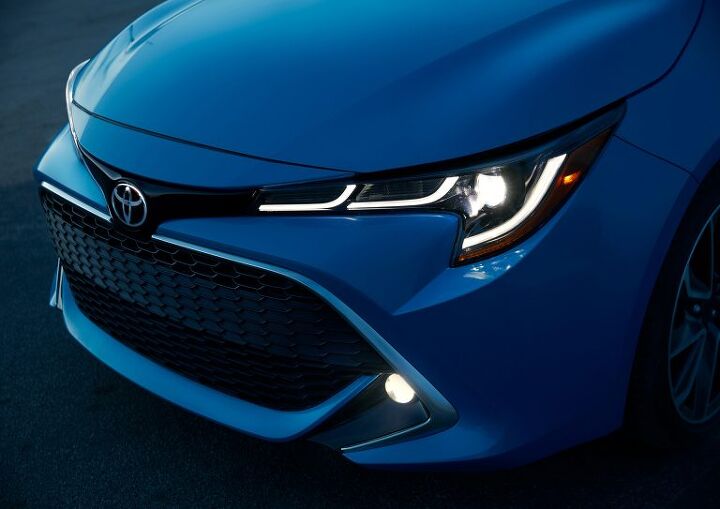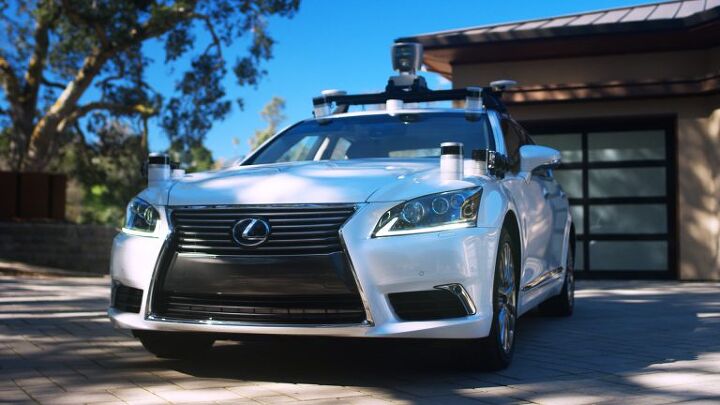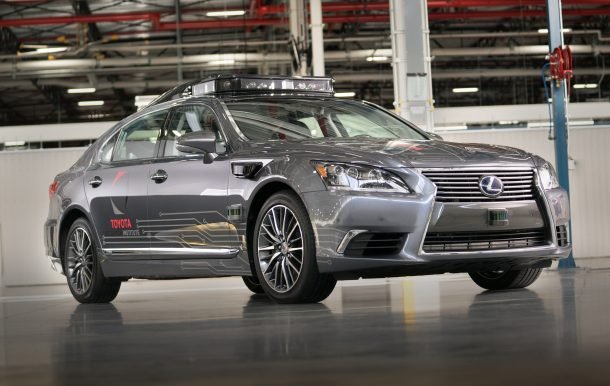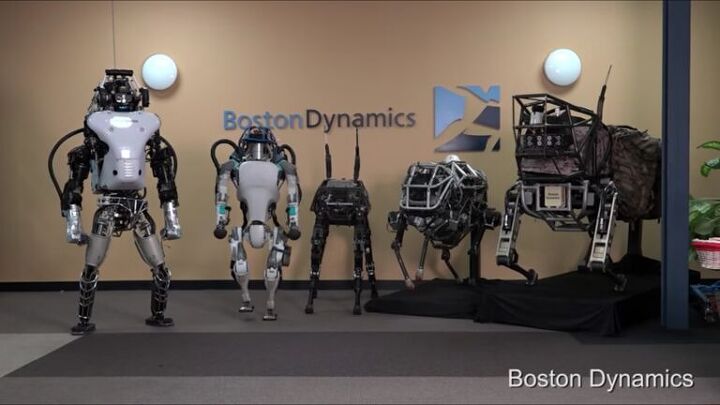#ToyotaResearchInstitute
Toyota Promises Solid-State Batteries By 2025
While electrification has felt like the only thing automakers are willing to talk about anymore, CES 2022 provided yet another opportunity to see which companies are willing to make the biggest promises when pitted against each other. This encouraged plenty of manufacturers to issue reminders of their existing EV timetables, though we’d be lying if we expected any company to adhere to them all that closely.
Then there’s Toyota. Despite being the largest automaker on the planet by volume, the Japanese company is famous for hedging its bets and not being all that secretive about it. When other manufacturers were vowing swift electrification at all costs, Toyota said they would need to continue producing hybrids if they were to realistically serve the public. But the business is still developing battery tech, with a vested interest in selling it off to rival manufacturers who are more willing to run with BEVs exclusively. It’s also been developing solid-state batteries, which it has confirmed are on track for delivery by 2025.
Toyota's Self-driving Car Plan Still Incorporates the Driver, Calls Bullshit on Level 5 Autonomy
Despite being one of the largest manufacturing giants currently in existence, Toyota is trailing in the autonomous technology war currently raging among carmakers. But it would unfair to say that the Japanese brand is losing. While General Motors appears to lead the rest of the established automotive firms, it’s not perfectly clear how big a gap it made for itself. Meanwhile, Toyota spent the last few years taking a more cautious approach, without ever ignoring the possibility of an autonomous future.
In 2015, the automaker decided to get serious, saying it would invest billions of dollars into the Toyota Research Institute. The goal? To advance robotics and artificial intelligence to a level where it could test an autonomous vehicle by 2020. But Toyota remains skeptical of the rest of the industry’s progress on self-driving cars.
“I need to make it perfectly clear, it’s a wonderful, wonderful goal,” Gill Pratt, the CEO of the Toyota Research Institute said at CES 2017. “But none of us in the automobile or IT industries are close to achieving true Level 5 autonomy, we are not even close.”
Determined to Look Cutting Edge, Toyota's Bringing Its Best Tech to CES
Wanting to remind the world that it’s not as far behind in the race toward autonomy as some have claimed, the Toyota Research Institute intends to bring a Lexus LS 600hL equipped with its 3.0 autonomous research platform to CES next week. Toyota introduced the platform 2.0 last March — the first autonomous testing platform developed entirely by TRI.
Since then, the automaker has focused heavily on machine vision and machine learning, leaning on all the popular sensing equipment currently synonymous with autonomous technologies. As the system was designed specifically to improve over time, version 3.0 uses a Luminar LIDAR system with a 200-meter sensor range that covers a 360-degree perimeter of the vehicle. The testbed Lexus is also equipped with shorter-range sensors, which are placed low on all four sides of the vehicle and are meant to spot low-level and smaller objects.
What Does Toyota Want With a Legged-Robot Company?
You’ve probably seen one of its videos on YouTube. Its creations are nightmare fuel, mixed with a sense of wonder and intrigue. And for one particular automaker, its robotic inventions seem worthy enough to trigger the purchase of a whole company.
It is Boston Dynamics — a company born from the MIT leg lab that’s been developing quadrupedal and bipedal robots since 1992. And Toyota is heavily rumored to be purchasing the company from Google, according to Tech Insider.
Which begs the question: what does a car manufacturer want with a legged-robot company?
Toyota Launches AI Efforts With $1 Billion Investment
Toyota will open a new artificial and robotics R&D company to be called Toyota Research Institute, Inc. (TRI) with an initial investment of $1 billion to open two locations in the United States, the automaker announced Friday.
TRI, which will make its headquarters in Palo Alto, California and establish another office in Cambridge, Massachusetts near MIT, will be led by Dr. Gill Pratt, a former academic in the field of engineering and program manager at DARPA.
“The investment is in addition to the $50 million investment over the next five years with MIT and Stanford to establish joint fundamental artificial intelligence research centers at each university,” said the automaker in a release.




















Recent Comments